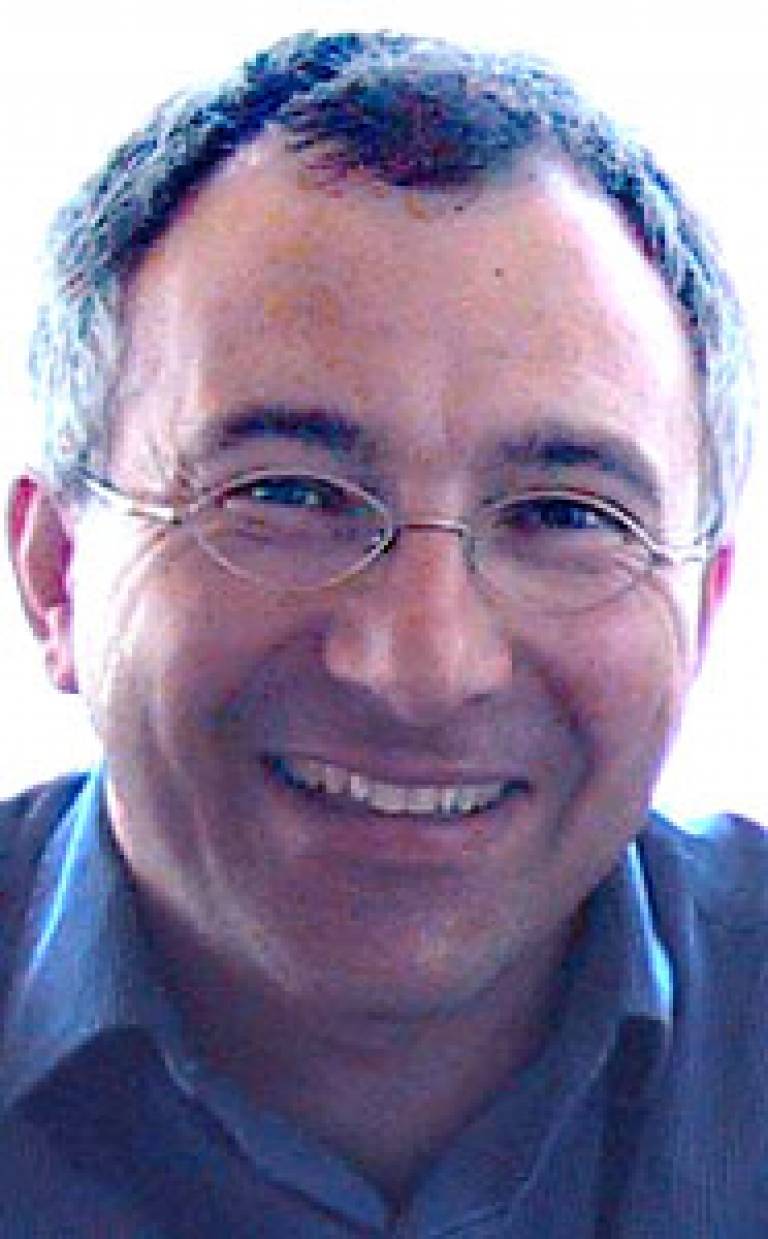Innovative communications
12 July 2004
Can internet architectures be built to protect users from spam? What are the factors that encourage the use of e-commerce and e-government services? These are just some of the issues which will be explored by the new Communications Innovation Institute (CII), a unique initiative bringing together UCL, the University of Cambridge and the Massachusetts Institute of Technology (MIT).

The CII is an initiative that fuses multidisciplinary research, such as computer science, economics, electronic engineering and public policy, with government and industry partners, including anchor partner BT. This combination of partnerships ensures that the CII is not only a research exercise, but actively seeks to innovate and create new business from emerging technologies. The two core research objectives of the CII involve the creation of 'roadmaps' for the communications industry value chain, as well as developing and implementing new technologies.
'Roadmaps' describe the process from start to finish, of the communications industry chain; spanning communications providers, suppliers, manufacturers, content developers and consumers. The creation of a 'roadmap' will be the first of its kind, and seeks to clarify investment opportunities for businesses both large and small as well as identifying and surmounting barriers to innovation.
Emerging technologies, such as wireless, fibre and digital signal processing, will be developed and implemented. The business, economic, regulatory and public policy challenges issues surrounding the implementation of these products and services will also be explored. As part of this research, UCL's Professor Mark Handley will examine the development of new internet architectures to combat 'denial of service' attacks. Other UCL academics involved in the CII include Professor Tilman Borgers, Professor Helen Margetts and Professor Alwyn Seeds.
Professor Ingemar Cox said: "The vibrancy and strength of UCL's multidisciplinary approach to research, through institutions such as the Centre for Economic Learning & Social Evolution, the School of Public Policy and the Departments of Computer Science and Electronic & Electrical Engineering, ensured that UCL was successful in achieving this partnership. The CII continues UCL's work as innovators of communications which began 100 years ago, with Professor Sir John Fleming's invention of the thermionic valve, paving the way for today's technologies such as radio and television."
To find out more about Professor Cox, use the link below.
Links:
Professor Cox
 Close
Close

